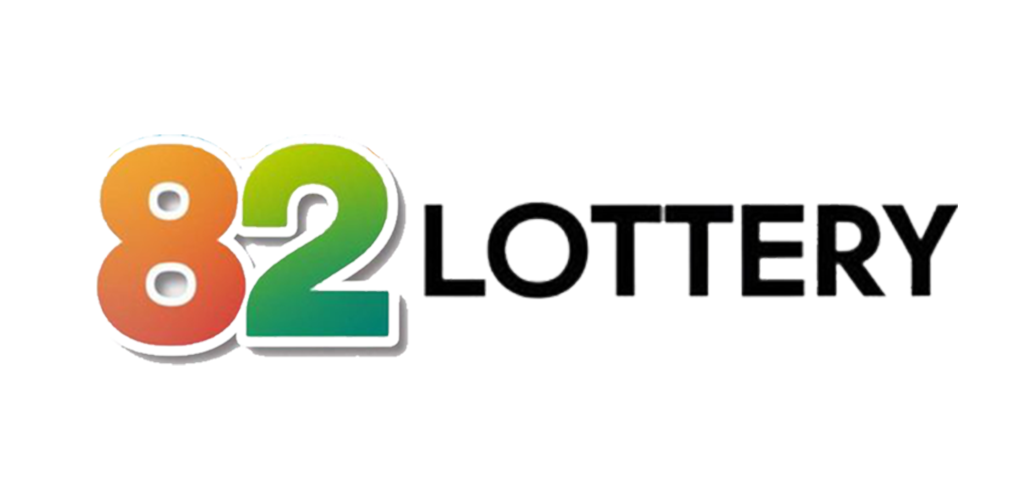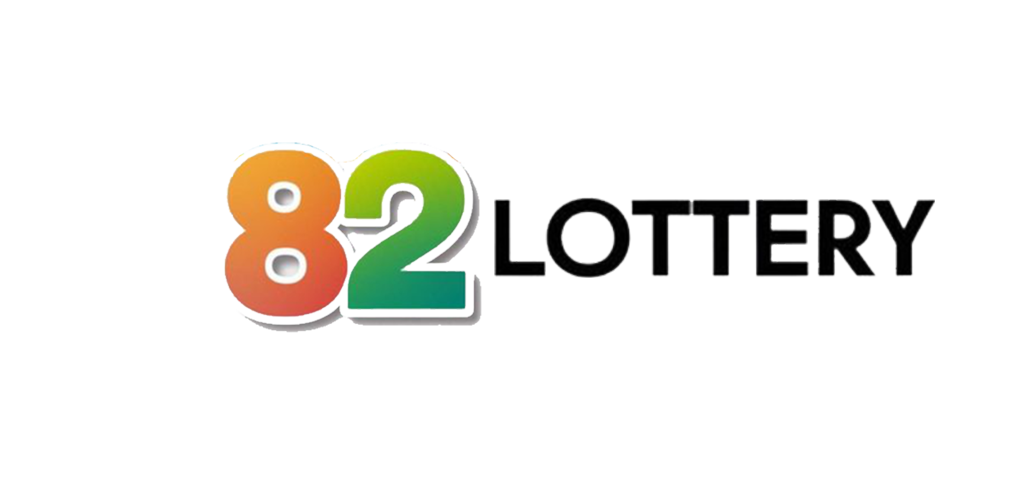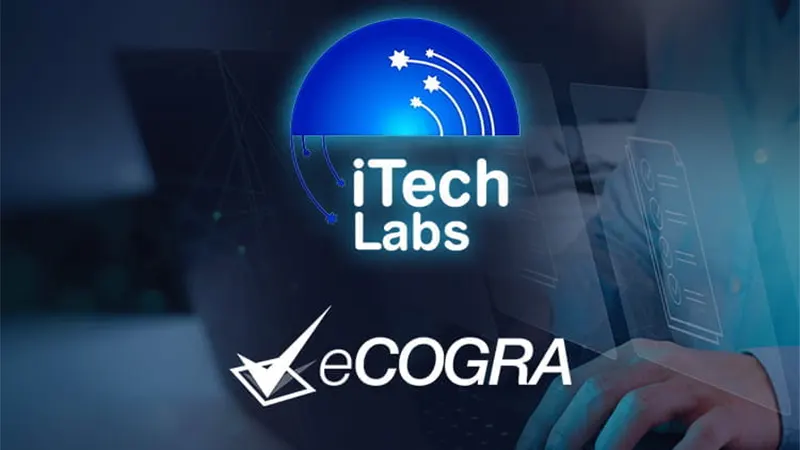Many online betting operators hold valid operating licenses yet still face controversy regarding game fairness and outcome transparency. This paradox occurs because licensing authorities primarily verify legal compliance rather than conducting detailed examinations of individual games, payout percentages, or random number generator integrity.
While licenses confirm that an operator meets basic regulatory requirements, they don’t guarantee that every slot spin, card deal, or roulette outcome is truly random and fair. This gap between legal authorization and technical verification creates uncertainty for players who want assurance that their betting experience is genuinely fair, whether they’re playing traditional casino games or participating in platforms like 82 Lottery.
Independent certification organizations like eCOGRA and iTech Labs bridge this critical gap by conducting rigorous technical audits of gaming software, payout systems, and operational procedures. These certifications provide the technical validation that licenses alone cannot deliver, establishing trust through verifiable testing and ongoing monitoring.
What is eCOGRA? European Player Protection Organization
Overview and Background
eCOGRA, standing for eCommerce Online Gaming Regulation and Assurance, was established in the United Kingdom in 2003 with the mission of ensuring fairness, protecting players, and standardizing practices within the online gambling industry. As one of the first independent testing agencies dedicated to online gaming, eCOGRA has become synonymous with player protection and fair gaming practices.
The organization operates as a non-profit entity, focusing exclusively on player welfare rather than commercial interests. This independence allows eCOGRA to maintain objective standards and provide unbiased assessments of operator practices. Major licensing authorities including the Malta Gaming Authority (MGA) and UK Gambling Commission (UKGC) recognize eCOGRA certifications as evidence of compliance with fair gaming requirements.
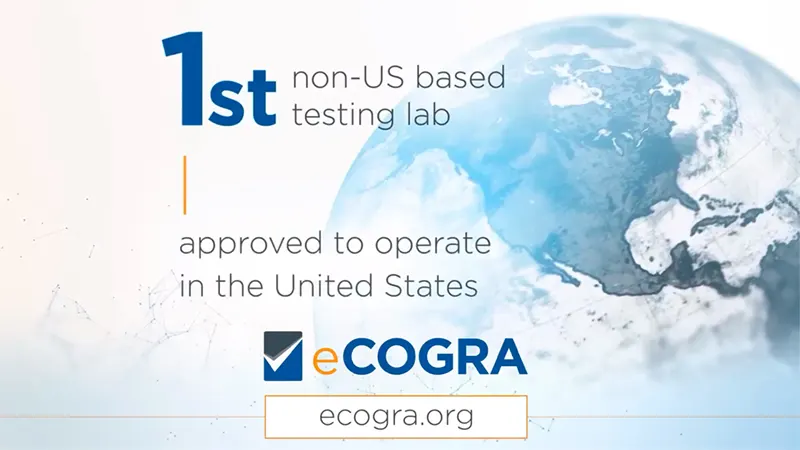
Key Certification Criteria
eCOGRA’s certification process encompasses comprehensive evaluation of gaming systems and operator practices. The organization conducts thorough testing of Random Number Generator (RNG) systems to ensure that game outcomes are truly random and cannot be manipulated by operators or external parties.
Return to Player (RTP) verification represents another crucial component of eCOGRA certification. The organization monitors whether actual game payouts match published percentages, ensuring that players receive the advertised returns over time. This ongoing monitoring prevents operators from advertising misleading RTP figures.
Beyond technical testing, eCOGRA evaluates operator policies regarding player protection, payment processing, customer support, and complaint resolution procedures. This holistic approach ensures that certification reflects not just technical compliance but also commitment to responsible gambling practices.
What is iTech Labs? International Gaming Software Testing Laboratory
Overview and Background
Based in Australia, iTech Labs has established itself as a leading independent testing laboratory trusted by major software developers including NetEnt, Pragmatic Play, and Evolution Gaming. The organization specializes in technical testing of gaming software, focusing on mathematical accuracy, security protocols, and compliance with international gaming standards.
iTech Labs serves both software developers and operators, providing certification services that span from initial game development through ongoing operational monitoring. Their testing protocols are recognized by regulatory authorities worldwide, making iTech Labs certification valuable for operators seeking to enter multiple jurisdictions.
The laboratory’s expertise extends beyond basic RNG testing to include comprehensive evaluation of live dealer systems, mobile gaming platforms, and complex betting algorithms. This technical depth makes iTech Labs particularly valuable for operators offering diverse gaming portfolios.
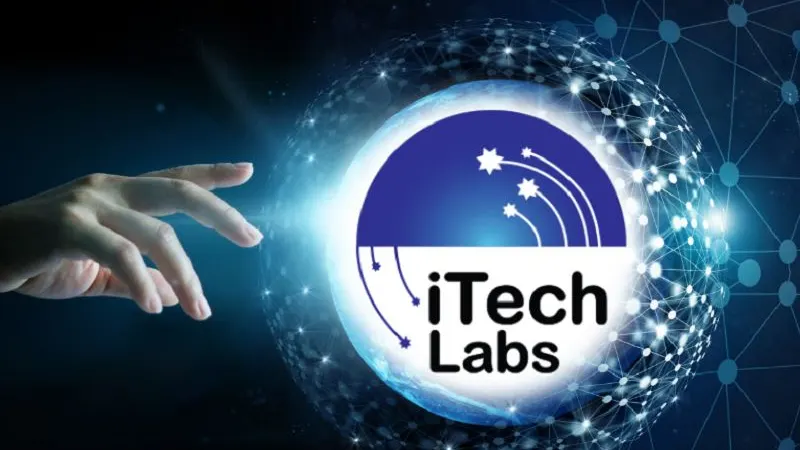
Key Testing Elements
iTech Labs conducts extensive RNG testing using sophisticated statistical analysis to verify that game outcomes are genuinely random and free from patterns that could compromise fairness. Their testing protocols exceed industry standards, providing mathematical certainty about game randomness.
Data transmission security represents another critical focus area. iTech Labs evaluates encryption protocols, server security, and data protection measures to ensure that player information remains secure throughout the gaming process. This security testing is particularly important for live dealer games and mobile platforms where data vulnerability is heightened.
Software compliance verification ensures that gaming applications meet the specific requirements of various licensing jurisdictions. This testing helps operators demonstrate compliance with local regulations and facilitates expansion into new markets.
Why Should Betting Sites Seek Independent Certification? Four Critical Reasons
1. Enhanced Transparency
Independent certification provides verifiable evidence that games operate as advertised. Players can access certification reports that detail RTP percentages, RNG testing results, and compliance verification. This transparency eliminates guesswork and builds confidence in gaming outcomes.
Certified operators can point to objective third-party validation when players question game fairness. Rather than relying on internal claims, operators can reference independent testing results that demonstrate compliance with fairness standards.
2. Long-term Reputation Building
Certification becomes particularly valuable when targeting international markets or attracting high-stakes players who demand maximum assurance. Independent validation demonstrates commitment to fair play that extends beyond minimum regulatory requirements.
The certification process itself signals operator investment in quality and fairness. Players recognize that certified operators have voluntarily submitted to rigorous testing, indicating confidence in their systems and commitment to player protection.

3. Reduced Disputes and Improved Conflict Resolution
Independent certification provides objective reference points for resolving player complaints. When disputes arise regarding game outcomes or system fairness, certified operators can reference third-party testing results to support their position.
Organizations like eCOGRA often provide mediation services for certified operators, helping resolve disputes more efficiently than traditional regulatory processes. This additional support layer benefits both operators and players by providing alternative resolution pathways.
4. Access to Premium Markets
European, Canadian, and Australian licensing authorities increasingly require independent certification as part of their approval process. Compare operating licenses and you’ll find that higher-tier jurisdictions consistently demand third-party testing verification.
Certification facilitates expansion into regulated markets where compliance requirements are stringent. Operators with established certification can navigate licensing processes more efficiently and demonstrate readiness for premium market entry.
How Can Players Verify Independent Certification?
Legitimate certifications are prominently displayed and easily verifiable. Players should look for certification logos in website footers or dedicated “Fair Gaming” sections. Genuine certifications link directly to official certificates rather than static images.
eCOGRA and iTech Labs maintain public databases of certified operators and games. Players can verify certification status by searching these databases using operator names or specific game titles. This verification process takes minutes and provides definitive confirmation of certification status.
Authentic certification displays include certificate numbers, expiration dates, and direct links to certifying organizations. Be wary of operators who display certification logos without providing verifiable certificate details or working links to official databases.
Uncertified Operators – Should Players Be Concerned?
Independent certification isn’t mandatory for all operators, and many legitimate sites operate without third-party validation. However, players should exercise additional caution when choosing uncertified operators.
Uncertified operators require more thorough due diligence. Players should verify licensing status more carefully, research community feedback extensively, and monitor their own gaming experiences for unusual patterns or outcomes.

Avoid operators who refuse to disclose RTP information or whose games produce consistently unusual results. While certification isn’t required, transparency about game mechanics and outcomes should be standard practice for all legitimate operators.
Case Study: Certified Operators – What Players Gain
Consider a slot game provider like Pragmatic Play that has received iTech Labs certification. Players engaging with these games can trust that published RTP percentages are accurate and that spin outcomes are genuinely random.
If technical issues arise, certified systems maintain comprehensive logs that can be audited independently. This documentation provides recourse for players who experience system errors or disputed outcomes.
Certified operators often provide more detailed game information, including volatility ratings, hit frequencies, and mathematical models. This transparency helps players make informed decisions about their gaming choices.
Beyond Certification: Additional Quality Indicators
While certification provides valuable assurance, players should consider additional quality indicators when evaluating operators. Customer service responsiveness, payment processing efficiency, and regulatory compliance history all contribute to overall operator quality.
Community feedback and player reviews offer insights into practical gaming experiences that certification alone cannot provide. Balance technical certification with real-world player experiences to form comprehensive operator evaluations.
Regular software updates and security improvements demonstrate ongoing commitment to quality. Certified operators who continually enhance their systems show dedication to maintaining high standards beyond minimum certification requirements.
Certification as Quality Assurance
Independent certification represents a voluntary commitment to fairness and transparency that extends beyond basic regulatory compliance. While licensing ensures legal operation, certification provides technical validation that games operate as advertised and player interests are protected.
eCOGRA and iTech Labs certification serve as quality assurance stamps that indicate operator investment in fair gaming practices. These certifications don’t guarantee perfect experiences, but they provide objective evidence of commitment to player protection and system integrity.
For long-term players, certified operators offer additional peace of mind and recourse options that uncertified alternatives cannot match. The certification process itself demonstrates operator confidence in their systems and willingness to submit to independent scrutiny.
When choosing betting platforms, consider certification as one important factor among many. Combine certification status with licensing verification, community feedback, and personal experience to make well-informed decisions about where to place your trust and money.
Remember that certification is not mandatory, but it represents a valuable quality indicator that serious operators increasingly pursue. As the industry matures and competition intensifies, independent certification will likely become an even more important differentiator for quality-conscious players.
